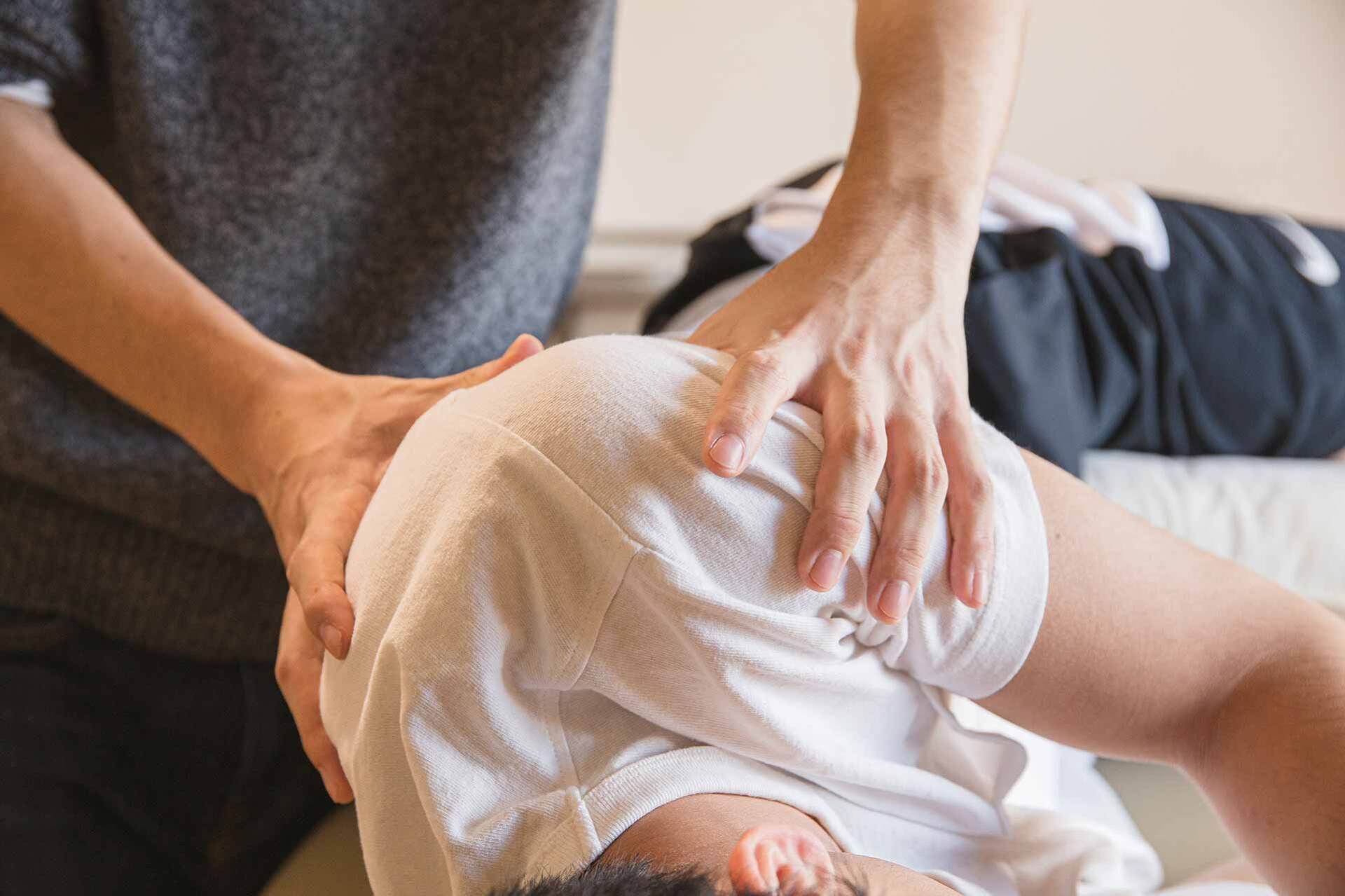Ten tips for a strong 2021 work year
February 24, 2021
Occupational therapist’s advice for staying on track in uncertain times
Economic uncertainty and rapid shifts in the working environment over the past year have left many among us feeling somewhat daunted by the prospect of all we need to achieve in the work year ahead. A fresh perspective can help prepare us to meet the inevitable challenges – but this should not be at the expense of personal wellbeing, or our efforts will not be sustainable.
“The dramatic changes the pandemic brought about have been tough on most people in one way or another. We need to adapt and find ways to do things differently to make the most of 2021, both personally and professionally,” says Andrea Radnitz, an occupational therapist at Akeso Pietermaritzburg.
She offers 10 top tips for the year ahead:
1. Set realistic goals
– “Unrealistic goals can lead to frustration, and it is far more productive and motivating to set manageable goals for yourself, and build on these as you achieve them,” she says.
2. Take care of your physical health
– “Eating a healthy balanced diet, making time for exercise and getting enough quality sleep are integral to your wellbeing. Neglecting physical health will take a toll on other aspects of your life, so it must be a priority.”
3. Stimulate your brain
– “When you learn a new skill or do something different the creative part of the brain is stimulated, which refreshes your perspective and may help you to find solutions for challenges in your life. Keep your goals realistic, and don’t put extra pressure on yourself over and above your work, but some ideas could be learning a language or a new sport, embracing a new hobby like cooking or painting or gardening or learning to play an instrument
4. Organise your workspace
– “Make sure you have everything you need, and limit distractions as far as possible. If you are looking after children while working from home, try to establish healthy flexible routines and set appropriate boundaries. Having a quiet space where you can be alone is also helpful.”
5. Set boundaries
– “Work-life balance is more important than ever if you are now working from home, and it is important to transition back into connecting with your partner and family meaningfully outside of work hours. Be fully present for the important people in your life, and if you absolutely must monitor your work emails after hours, draw a line and if it is not urgent, only respond in the morning.”
6. Stay socially connected
– “Keep in touch with friends and loved ones, and find ways to remain connected if you can’t see each other in person. In the work context, individuals who are task-oriented may focus on work and could overlook people but the value of greetings and fostering good team relations should not be underestimated.”
7. Make special occasions
– “In general there are not as many events or social occasions as before the pandemic, so we should create interesting, fun experiences at home. A family fondue or special theme evening, for instance, offers a memorable break from routine and creates opportunities to spend quality time together. It might be possible, also, to meet up with a couple of friends in an outdoor space.”
8. Find out what help is available before you need it
– “We may all have times when we could benefit from extra support, and so it is worthwhile knowing what help is available and how to access it. Find out if your workplace offers an employee assistance programme, where your local primary health clinic is, what professional services you could draw on and if there are any support groups in your area. Having information on these resources ready when needed can help prevent difficulties from becoming unmanageable.”
9. Tune in
– “Mindfulness is about being aware and in the present. If you find yourself in a very stressful work situation, take a moment to tune in and acknowledge your body’s physical reactions, such as changes to your breathing and muscle tension. Just being aware of our body’s response can be helpful, because this can help us to separate from those feelings of anxiety to focus our attention on what needs to be done.”
10. Focus on what is within your control
– “Setbacks and curveballs are a part of life. Challenges and frustrations are to be expected, and the best any of us can do is to make our peace with the fact that there are factors beyond our control and rather focus our energy on our response to the situation at hand, which is within our control.”
“Keep thinking realistically but positively. No matter what the future holds, you can do your best to try to cope by being flexible and not giving up. Remember that there will still be good times and many positives still exist in your environment, you just need to look for them and remember them. In the meantime, take care of your physical and mental health.
“If you are not feeling ‘ok’, reach for support now before problems escalate further. If you find you or your workplace are having difficulty adjusting to new ways of working, find solutions now before a crisis develops,” Radnitz says.
For information about occupational or mental health services, accessing care, information about mental health issues, or are in an emotional crisis, Akeso is here to help. Contact info@akeso.co.za
or visit www.akeso.co.za. In the event of a psychological crisis, emergency support can be reached on 0861 435 787, 24 hours a day.
Out-patient psychologist and occupational therapist consultations can be booked via www.copetherapy.co.za and psychiatrist consultations through Netcare appointmed™, online at www.netcareappointmed.co.za
or by calling 0861 555 565. The COPE Therapy website www.copetherapy.co.za
also contains many useful blog posts on various issues and tips relating to mental health.













